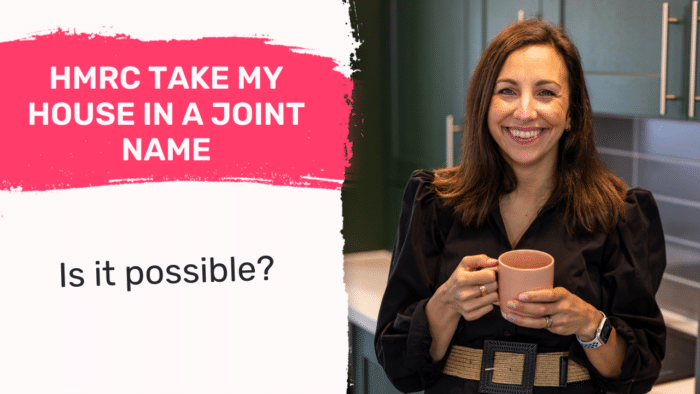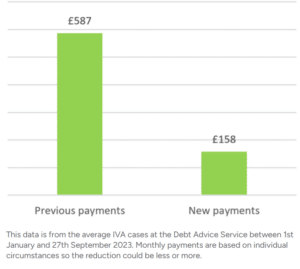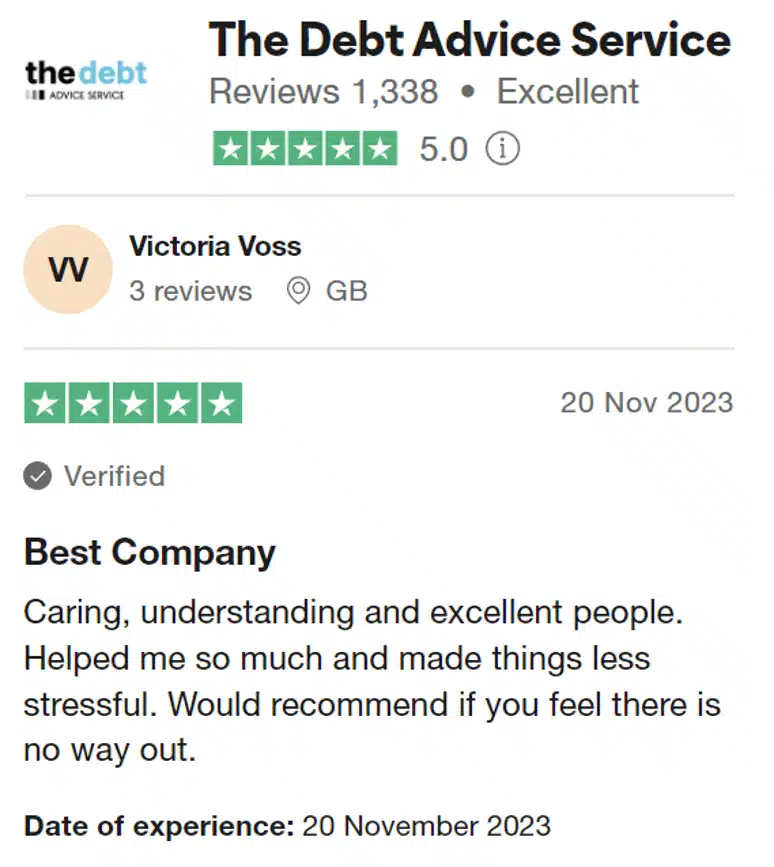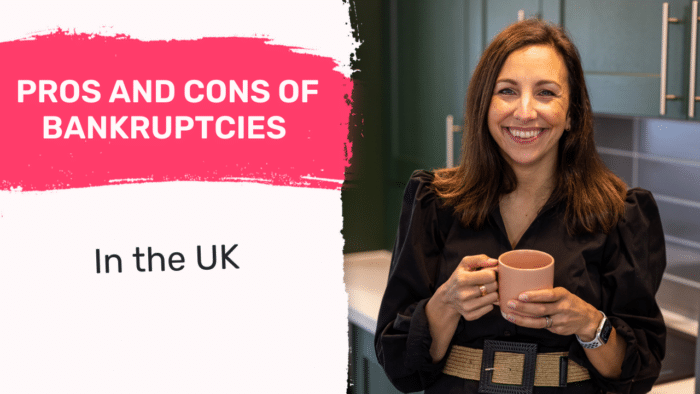Can HMRC Take My House in a Joint Name?
For free & impartial money advice you can visit MoneyHelper. We work with The Debt Advice Service who provide information about your options. This isn’t a full fact-find, some debt solutions may not be suitable in all circumstances, ongoing fees might apply & your credit rating may be affected.

For free & impartial money advice you can visit MoneyHelper. We work with The Debt Advice Service who provide information about your options. This isn’t a full fact-find, some debt solutions may not be suitable in all circumstances, ongoing fees might apply & your credit rating may be affected.
Is HMRC on your doorstep, asking for money you owe? Are you fretting about your house, especially if it’s in joint names? You’re in the right place to find answers. Each month, over 12,000 people visit this site looking for guidance on money matters.
We understand your fears about not being able to pay your debt. We also know how scary it can be when you think about bailiffs or debt collectors knocking on your door.
Don’t worry; in this article, we’ll help you understand:
- What HMRC stands for and what it can do
- If you must pay a debt to HMRC
- What happens if you owe money to HMRC
- Ways to lower your repayments
- What could happen if you don’t pay your HMRC debt
Some of us have also had debts and had to deal with HMRC, so we know how you feel right now. That’s why we’re here to help you figure things out.
What happens if you owe HMRC a debt?
HMRC will write to you to let you know about any arrears or overpayments. They will then ask you to repay the debt quickly.
Depending on the type of arrears, you might be able to repay over instalments. For some debts, a fixed penalty and interest can be applied to the debt.
What happens if you don’t pay an HMRC debt?
HMRC has a lot of powers to collect arrears when you refuse to pay. They won’t need to take you to court to be allowed to use further action and collect the debt.
Depending on the type of HMRC debt and the situation, they could:
- Outsource the debt collection to a debt collection agency (this company isn’t a bailiff!)
- Take money directly from your wages
- Take money directly from state pension payments
- Take money directly from your bank account
- Take your possessions and sell them
- Make you bankrupt
- Close down your company if the HMRC debt is related to your business
There might be further costs applied to the debt in the process. For example, if they use bailiffs to take your goods and sell them to clear the debt, there could be storage fees and auction costs. Not to forget those bailiffs also charge fees that can be very expensive!
So, if they can take your possessions, can HMRC take your home too?
How a debt solution could help
Some debt solutions can:
- Stop nasty calls from creditors
- Freeze interest and charges
- Reduce your monthly
A few debt solutions can even result in writing off some of your debt.
Here’s an example:
Situation
| Monthly income | £2,504 |
| Monthly expenses | £2,345 |
| Total debt | £32,049 |
Monthly debt repayments
| Before | £587 |
| After | £158 |
£429 reduction in monthly payments

If you want to learn what debt solutions are available to you, click the button below to get started.
Can HMRC take my house if I owe taxes?
Can HMRC take a house to clear a debt, and can they take a house that is in joint names with a non-debtor? These are all common questions.

Source: https://forums.moneysavingexpert.com/discussion/5300422/can-hmrc-take-my-ho
HMRC can use your property to help pay off a tax debt, but this doesn’t mean taking your home or forcing it to be sold.
If a property is the only asset you own that can be used to clear the debt, which would therefore be significant, it’s more likely that HMRC will either:
- ask you to release equity from the property to repay, which would be a better outcome for everyone.
- Place a charge on the property so the debt would need to be repaid if it was sold or if you decided to remortgage.
It’s quite unlikely that a personal HMRC tax debt would be significant enough to warrant the two options listed above. This is more likely when you have a business debt with a high turnover. But then, your home isn’t likely to be a limited company asset.
Can HMRC take my house in joint names?
HMRC can still place a charging order on any property owned solely or jointly by a debtor unless the debt relates to a business and the property isn’t a business asset.
Thousands have already tackled their debt
Every day our partners, The Debt Advice Service, help people find out whether they can lower their repayments and finally tackle or write off some of their debt.

Natasha
I’d recommend this firm to anyone struggling with debt – my mind has been put to rest, all is getting sorted.
Reviews shown are for The Debt Advice Service.
Can HMRC take my car?
Yes, HMRC might be able to take your car and sell it to clear a debt you owe to them.
However, they won’t be able to repossess and sell a vehicle that is on a car financing agreement because you’re not the real owner of the vehicle (yet!).
HMRC will employ bailiffs to seize your vehicle, store it and then sell it. All of these things add more fees to the debt, so it becomes bigger.
There are ways to stop bailiffs from taking your possessions. You may stop them from taking your vehicle by parking it in a locked garage, preferably on someone else’s property.
Can HMRC chase you abroad?
Yes, HMRC could chase you to pay a debt even when you move abroad.
They may try to recover the debt using your UK assets and finances, or they may try to recover the debts from overseas.
Interestingly, information about your finances can be reported to HMRC from overseas organisations, which is called the Automatic Exchange of Information. So, moving abroad to escape HMRC isn’t the best option. Instead, get personalised HMRC debt help.

